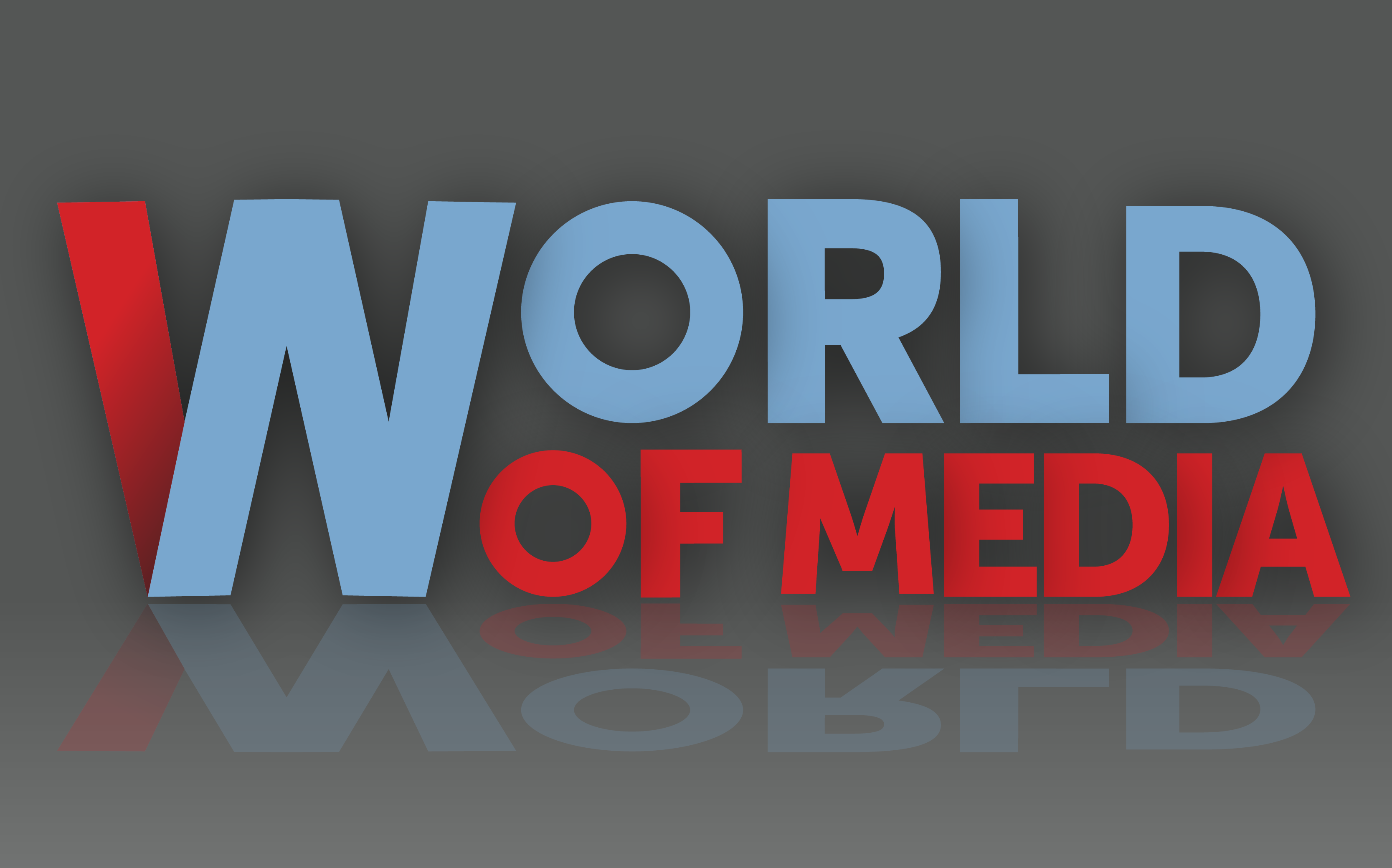The Media Online’s weekly wrap of need-to-know global media news.
YouTube scored $15 billion in advertising in 2019

Google has revealed YouTube earned $15 billion in advertising revenue in 2019, the first time the tech giant has released such information.
“Looking at the top TV networks groups — NBCUniversal, ViacomCBS, Walt Disney, Discovery, WarnerMedia — estimates are that national TV revenue per year for these groups can range from around $4 billion to around $9 billion,” MediaPost reported.
This means, that within the $70 billion TV marketplace overall, YouTube’s share amounts to 21%.
Read the full story on MediaPost.
The New York Times’ advertising decreases, but strong results emerge via other channels

The New York Times’ advertising declined 10.7% year-over-year to $171.3 million, AdExchanger has reported, but the newspapers posted “strong results stemming from digital subscriptions; Facebook licensing revenue; its new TV show, The Weekly; Wirecutter and its Crossword and Cooking apps”.
Nevertheless, its overall Q4 revenue grew via subscriptions – which grew 4.5% to $275.3 million.
CEO Mark Thompson said major digital platforms were taking growth in the advertising market, and secondly “the shift from direct-sold ads to programmatic ones have negatively affected the advertising growth of premium publishers like the Times”.
AdExchanger has the story.
Chrome to block ‘disruptive’ video

Google’s Chrome browser will block all “disruptive” ads displayed alongside short-form videos of eight minutes duration or less. The new policy will meet “newly released guidance from the Coalition for Better Ads, a cross-industry body formed in 2016 to improve consumers’ experience with online advertising”.
The Coalition for Better Ads surveyed 45 000 consumers across eight countries representing 60% of global online adspend. This week, it identified three types of ad that it said do not meet its Better Ads Standard for short-form video. These include:
- Pre-roll ads or pods longer than 31 seconds that cannot be skipped within the first five seconds.
- Mid-roll ads of any duration that appear in the middle of a video, interrupting the user’s experience.
- Image or text ads that appear on top of a playing video and are in the middle third of the video player window or cover more than 20% of the video content.
Read more on WARC.
Publicis Groupe scores Bank of America’s ad business

A dedicated Publicis Group team, which includes creative agency Leo Burnett, will take care of the Bank of America’s advertising business, Ad Age has reported.
Meredith Verdone, Bank of America’s chief marketing officer, told AdAge the financial institution was “consolidating external marketing agency resources with one network, Publicis Groupe, to accelerate our data-driven creative approach and enable us to continue to focus on efficiency”.
Verdone said in January one of her resolutions for 2020 involved advancing “diversity of thought” and an “inclusive culture” within her organisation and agency partners.
Read the AdAge story here.
KFC Arabia takes over Spotify’s ad-free platform
Memac Ogilvy and KFC Arabia have come under fire after finding a way of circumventing Spotify Premium’s ad-free platform by taking over the profiles of three artists from the region. Flipperachi, Moh Flow, and Shébani agreed place imagery of Kentucky Burgers in their cover photos, bios, profile pictures and events.
In the press video [see above], the creative teams boasts that it was “the first campaign ever on Spotify Premium” and goes on to say, “By hacking a platform where ads are not allowed, we gave the Kentucky burger the campaign that it truly deserved.”
The Verge has the story.
British government wants ‘public consultation’ on future funding of the BBC

The British government wants to hold a “public consultation” on whether to stop charging people with a criminal offence if they don’t pay the annual levy that funds the BBC, the Sydney Morning Herald reports.
The BBC receives £154.50 a year from every television owning household in the UK. Now critics, who include numbers of Conservative party MPs, say its funding model is no longer appropriate with the rise of streaming models and OTT services.
The government has denied its decision to review the Beeb’s funding model is politically driven – it was accused of having a “left wing bias” during divisive Brexit debates. Rather, it says “the broadcasting landscape has changed dramatically”.
The BBC announced last week it would be retrenching over 450 staff members.
Read the Sydney Morning Herald story here.














